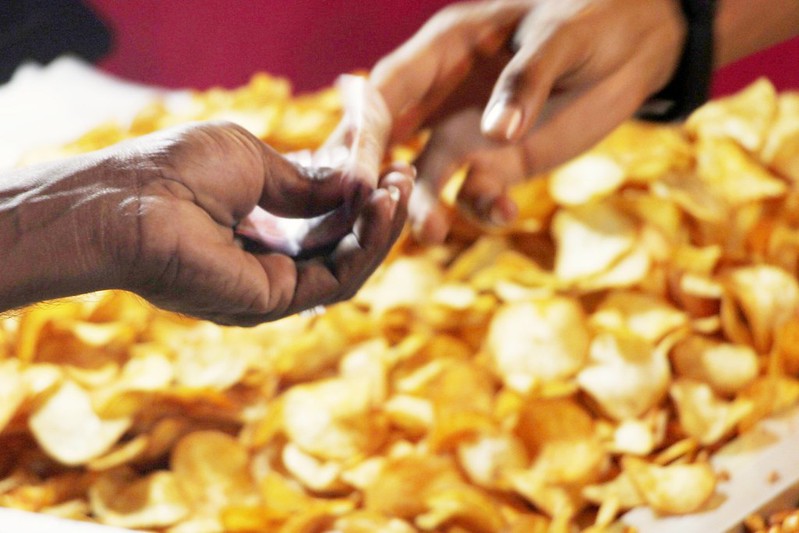
File photo: Dhammika Heenpella
As Sri Lanka’s financial crisis worsens families on the island have taken to cutting down their food intake and going hungry, according to a report in the Khaleej Times this week.
“I’ve told them it’s Ramadan now and that’s why we are fasting,” said Fathima Aroos, speaking about her children to Qadijah Irshad. “Don’t tell them otherwise.”
“This way, we can manage with a plain porridge after we break our fast and rice soaked in water and onion for suhoor (the early morning meal)… It keeps the children quiet.”
“Schools have started last week, but I’m not planning to send the children,” Fathima continued. “I can’t even afford to feed them. How am I going to pay for uniforms and their writing books?”
“We go hungry most of the time now,” said single mother Rahmath Niyas. “Just some fish that someone is kind enough to hand out to us because what I earn is not enough to buy food anymore.”
“In other thatched homes of fishermen and daily wage earners, parents sit listlessly, while their children cry out of hunger,” continued Irshad.
S. Tharindu, a kite surfing instructor in Kalpitiyam spoke of how the pandemic had worsened the crisis.
“We have had no income since the pandemic, it’s been tough for all of us,” he said. “Many families now live on just two meagre meals a day.”
Read more from the Khaleej Times here.
Recently, nutrition specialists of malnutrition striking the island soon as consumers in Sri Lanka were being forced to eat less as food costs continue to spiral.
The prices of some staple goods have soared in the midst of an economic crisis gripping the island, with even basic foods such as beans or carrots doubling or tripling in price respectively.
“In the past, I have never reduced the food in the house,” Anura Fernando from Kadawatha told the Sunday Times. “But now I am compelled to do that because I cannot manage to buy provisions for my house as all the things are very expensive.”


